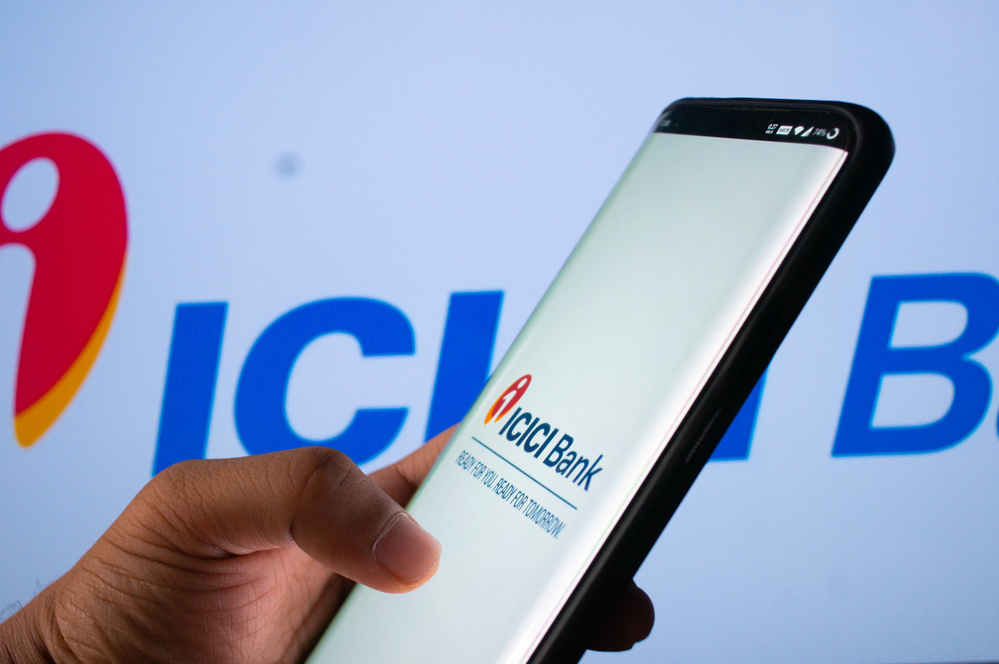Investors Give A Big Thumbs Down PSB Mega Merger
The mega merger of Public Sector Banks (PSB) received a big thumbs down by market participants today.

Mumbai, September 3 2019: The mega merger of Public Sector Banks (PSB) received a big thumbs down by market participants today. The benchmark indices BSE Bankex and Bank Nifty, comprising banking sector stocks was beaten down to such an extent that it has fallen below their one year ago level. BSE Bankex shed 753 points (2.43 per cent) while Bank Nifty slipped by 604 points (2.70 per cent) to close the day respectively at 30,949.72 and 27,427.85 points. On the same day previous year (2018), these two indices were trading at 31,376.36 and 27,819.50 points. The fall in the banking sector measure was in line with broader market, which was in response to the weak GDP numbers declared on Friday.
As markets were closed on Monday for trading on account of Ganesh Chaturthi, the impact was more severe on Tuesday, said market participants.
Vikas Jain, Senior Research Analyst, Reliance Securities said, "PSU bank indices corrected by three per cent in opening trade on Tuesday, as the broader markets were weak and also due to Finance Minister’s Friday announcement of merger of 10 PSBs into four anchor banks. While the development is positive but it will take long time for the better economies of scale to materialise and will face initial profitability pain. Merger ratio would be key to watch going forward, which is yet to be announced and therefore investors are moving out of the PSU Bank counters."
Even the equity research arms of various brokerage houses were also not that optimistic about the Government’s decision to be effective in the near future. In a note to their clients they said Integration challenges likely to prevail over near-term, most critical factor for the merged entity is adherence to corporate governance and the entire process of merger and its benefits will take at least six to eight quarters to fructify.
Centrum Broking Research in its note to clients said, “The logic behind the selection of banks in the merger plan is synergies in geographical presence, technology platforms, and benefits of scale, with minimal disruption to customers. In our opinion (and going by recent precedence), consolidation has generally been near-term detrimental to the stronger (acquiring) banks and an extended integration period remains a challenge for these entities. We believe the proposed mergers will face near-term challenges by way of integration of processes, human resources, consolidation of financials, and branch network rationalisation”.
The Centrum note said, the number of PSU banks will drop to 12 after the proposed mergers are completed. The consolidated banks will likely see an improvement in economies of scale and efficiency of operations over the medium-long term.
Elara Capital said, one key reason for such a mega exercise was PSB’s lackadaisical approach reflected in slack business decisions and performance, leading to high non-performing loan in the corporate loan segment and low core capital. The decision to merge banks is a good remedial measure, but continued focus on corporate governance and adherence would be of prime importance. If the government wants to revive the economy, it cannot be business as usual for two-thirds of the domestic PSU banking sector; more than 24 per cent of PSBs’ industrial loans are non-performing, resulting in stuck monetary resources and subdued economic activity.
Post-merger processes to take ~18-24 months
Post Board approval, these banks would take 18-24 months to complete the amalgamation process. Past examples of amalgamations in PSB and private banks show they are a time-consuming exercise. In the initial phase, these banks would have to get board approvals and align key departments at the head office level & business centers at the zonal office levels. Banks would have to enter into new agreements with borrowers. Post merger, management would have to gradually sell some un-utilized fixed assets. We believe, due to this time-consuming reorganization exercise, operating expenses could go up in the near to medium term; banks would also face higher expenses related to VRS in the near term. Operating expenses would stabilize thereafter, the Elara Note said.
PSB with branch overlap to synchronise processes
A couple of PSB undergoing merger would have high degree of overlap in some states and require trimming, and they would take longer to reorganize processes. PNB and OBC have branch overlap in Uttar Pradesh (UP) and Punjab; Canara Bank and Syndicate Bank have in Karnataka, UP and Tamil Nadu. Like-wise, Union Bank and Corporation Bank have overlap in UP and Maharashtra. The merged entity of Indian Bank and Allahabad Bank would be the best positioned in terms of the least overlap, corroborating each other’s presence in various states. There must be some loss-making branches, which would reduce overlap and would get trimmed and merged, the Elara Capital note said.
Elara Capital said, “Based on our estimated swap ratio (based on book value and adjusted book value, adjusted for net NPA, tax deduction & shields and net DTA), Oriental Bank of Commerce, Indian Bank & United Bank would witness northward move (positive for shareholders) and Allahabad Bank would likely react negatively on the development (a discouraging development for the shareholders)”.








